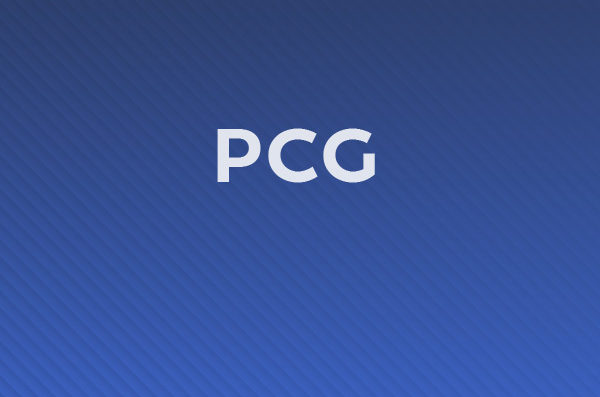CALmatters
By Eve Bukowski
September 2, 2019
We all agree that drug prices are high, but a proposal before the Legislature would make that situation worse, even as it seeks to solve the problem.
In fact, I’m concerned that this “cure” for high drug prices might just kill this patient.
You see, I shouldn’t be alive today.
For the past 11 1/2 years, my Stanford University physicians and I have fought Stage 4 metastatic colon cancer. I’ve been prescribed every available chemotherapy and immunotherapy option, endured five rounds of radiation and undergone 63 surgeries. My cancer is not in remission and we must outwit it constantly so I can remain alive to see my children grow up.
I’m also an advocate who has worked professionally with the life sciences industry for years and benefitted from the lifesaving research and development. I understand better than most people the complicated and convoluted drug supply chain. And I’ve seen first-hand the law of unintended consequences.
At issue is the critical need to get generic drugs to market faster and more efficiently, giving consumers access to lower-cost prescription medicine that can save them hundreds or even thousands of dollars each year.
The proposal before the Legislature, Assembly Bill 824 by Assemblyman Jim Wood, Democrat from Healdsburg, is ostensibly designed to prevent delays in bringing generic medicines to market, but it would have the opposite effect.
The result of enactment of AB 824 would be to slow the process of bringing cost-saving generic drugs to market because it would limit the ability of drug manufacturers to settle patent litigation. Such an outcome would be disastrous for patients like me.
These settlements, which usually bring generic drugs to market years sooner than they otherwise would have been released, have made possible the launch of many generic drugs prior to the patent expiration date.
Access to affordable medicine, as soon as possible, is critically important for patients. Patent settlements have led to patient savings.
Proponents of AB 824 say they want to prevent any settlement agreement that would lengthen patent protections for a given medication. These so-called “pay for delay” provisions should in fact be outlawed; no settlement agreement should ever result in prolonging a brand-name patent.
But their proposed solution would also disrupt legitimate patent settlements between pharmaceutical manufacturers. That approach is nonsensical and counterproductive, as it would result in reduced access to needed medicines and increased costs to consumers.
The California Attorney General and the Federal Trade Commission already have the authority to review settlements on a case-by-case basis, which is the best way to protect consumer interests. Under California’s strong anti-trust laws, the attorney general can act to invalidate any settlement if its effect is to limit market competition.
In fact, just a few weeks ago, three drug makers agreed to pay nearly $70 million to the state of California to settle “pay to delay” allegations. The system works. So AB 824 is a solution in search of a problem.
We need to stay focused on making sure that patients can get the medicines they need when they need them. If the goal is to make medicine more affordable and accessible, the last thing patients need is a new legal roadblock that will stifle access to lower-cost alternatives.
That’s a prescription for disaster.
—
Eve Bukowski is a stage 4 cancer patient and life sciences industry advocate from Davis. evebukowski@gmail.com. She wrote this commentary for CalMatters.
